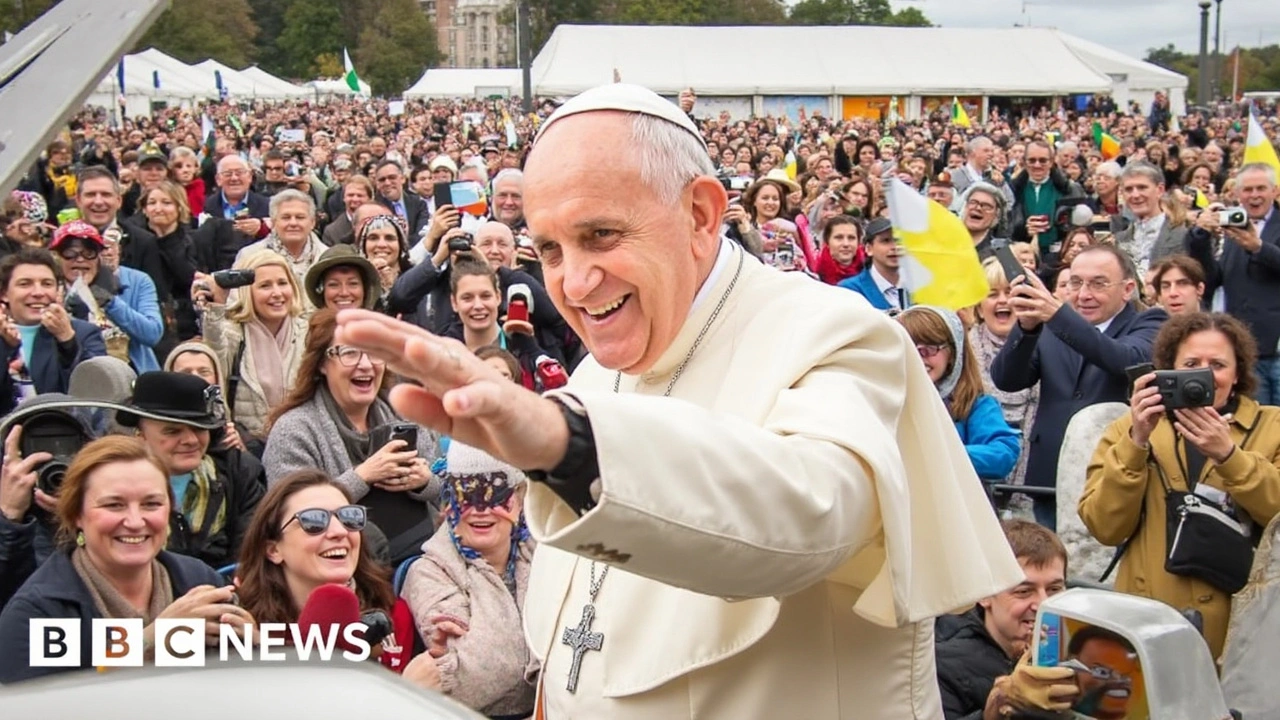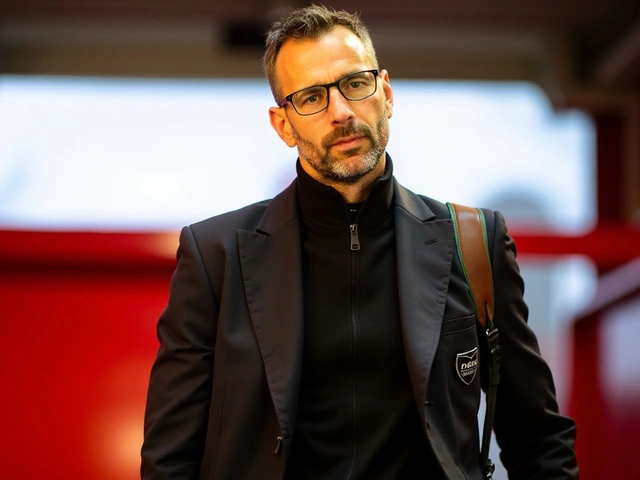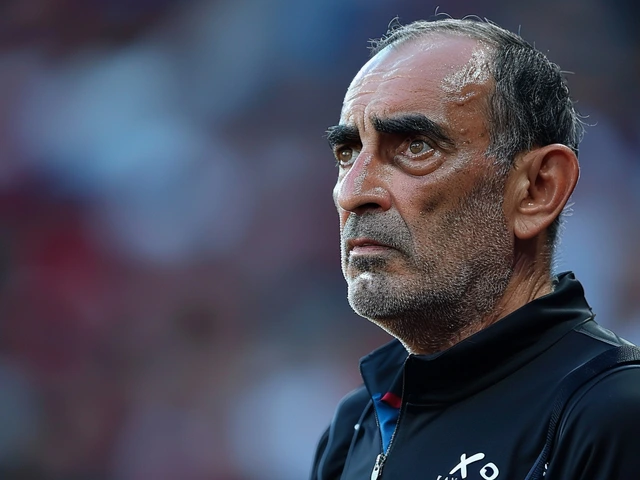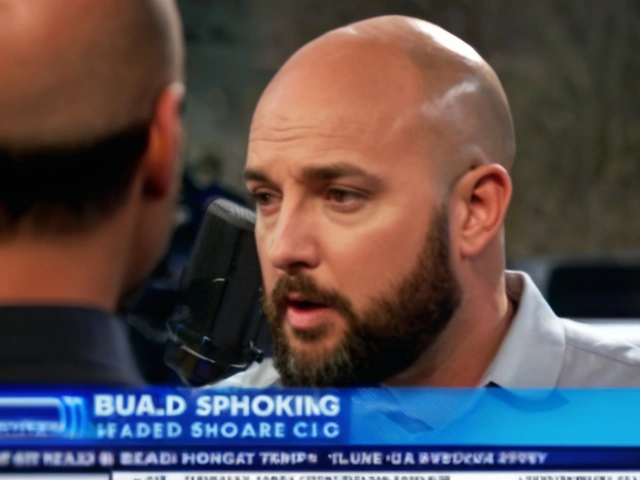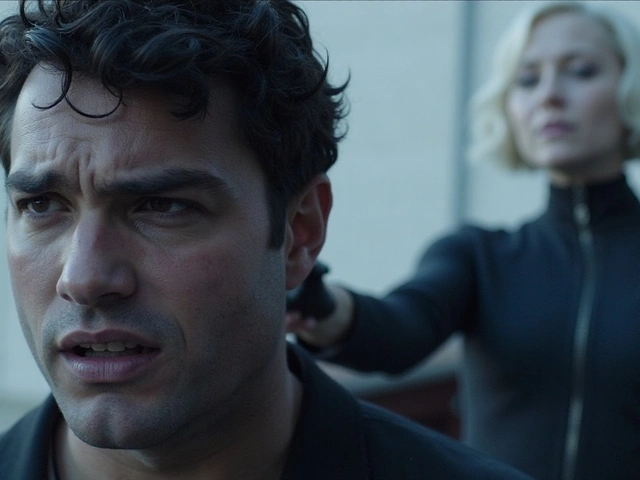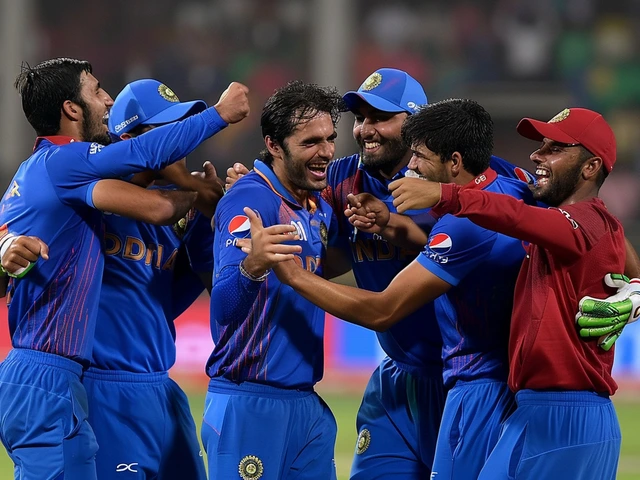Pope Francis Leaves Lasting Mark on Ireland and the World
The passing of Pope Francis has hit home for many in Ireland, stirring genuine emotion across both political and religious spheres. It’s rare to see leaders from different backgrounds use words like “exceptional” and “remarkable” in such unity—and that says a lot about the legacy the Pope leaves behind.
Irish Taoiseach Micheál Martin didn’t hesitate to talk about just how deep the Pope’s impact runs with Irish people. The Pope’s 2018 visit to Dublin still sticks out as a defining moment—one where the pontiff went beyond tradition and faced head-on the darkest chapters of the Catholic Church’s history in Ireland. Francis didn’t sugarcoat it; he spoke openly about the “pain and shame” surrounding child abuse scandals and openly called out the years of institutional cover-ups. It was a public admission many thought they’d never see, echoing in church pews and on the city’s streets.
But Francis’s relationship with Ireland wasn’t just about confronting the past. Martin underscored how the Pope put empathy at the center of his vision for the Church, constantly backing issues like social justice, human rights, and the wellbeing of those society often leaves behind. The idea of an “open” and “compassionate” Church wasn’t just a slogan—it ran right through the heart of Francis’s mission, one that many here say helped mend trust and sparked important conversations about faith in today’s world.
A Voice for the Voiceless and a Champion for the Planet
President Michael D. Higgins reflected deeply on his personal encounters with Pope Francis—no fewer than five meetings, each touching on urgent global concerns. Higgins pointed to the Pope’s laser focus on the world’s biggest challenges: climate change, poverty, and the struggles faced by migrants and refugees. He called the Pope’s message a “consistent invocation of shared humanity.” For Higgins, Francis’s greatest strength was his ability to see dignity in every person, reminding global leaders that policies have real human faces behind them.
What sets Francis apart in Higgins’s eyes is not just his willingness to speak, but his drive to act—whether raising awareness about hunger, encouraging peace talks, or putting environmental stewardship front and center. Francis didn’t just mention the weather when he talked about the environment. He framed climate change as a moral issue, challenging everyone, not just Catholics, to take pride in caring for the planet as a “shared home.”
Tánaiste Simon Harris picked up on another striking aspect of Francis’s legacy—his resilience in the face of illness. Harris said that the Pope’s openness about his health struggles brought a unique dignity to public life, showing it’s possible to lead with both vulnerability and courage. Harris also looked back fondly on the Pope’s 2018 visit, describing it as a moment of hope, not just for the faithful, but for a country wrestling with trauma and searching for renewal.
Even for those outside the Catholic tradition, Francis stood as a “beacon of hope.” His words and actions crossed religious and cultural lines, offering a brand of moral leadership people could rally around when the world grew more uncertain. For Ireland—where faith, history, and identity are closely linked—these tributes feel especially personal. Irish leaders see in Francis a figure who was never afraid to tackle difficult truths, stand up for the vulnerable, and call for global unity where, too often, there’s division.
With condolences pouring from all corners, one thing is clear: Pope Francis’s legacy as a force for compassion, justice, and solidarity will stick around for generations to come. For the Irish, as for many others, his story is one of tackling adversity with decency—and proving that moral courage still matters in a noisy world.

